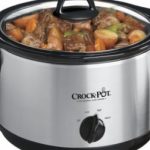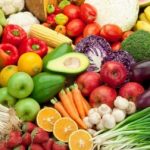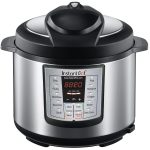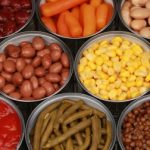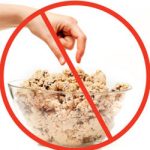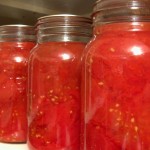Food Safety Inspections by Barb Ingham
Some of our national news currently is focused on the lack of food inspections as a result of the government shutdown. The Food and Drug Administration has stopped routine food safety inspections of processing facilities for seafood, fruits, vegetables and many other foods, according to Dr. Scott Gottlieb, FDA commissioner. FDA inspectors conduct about 8,000 […]
Read More...

